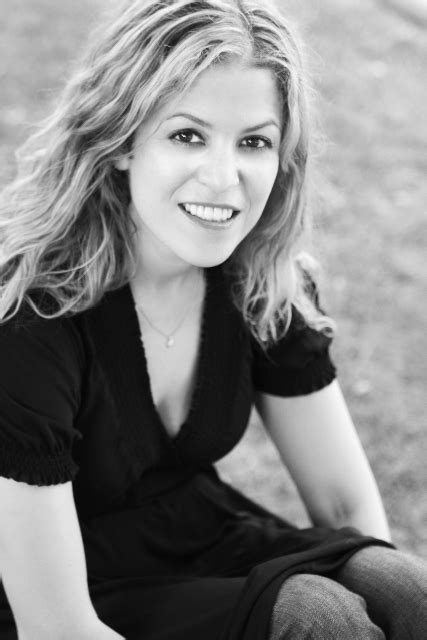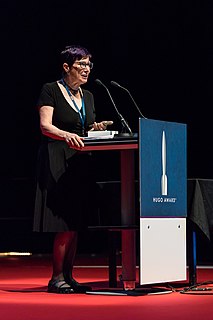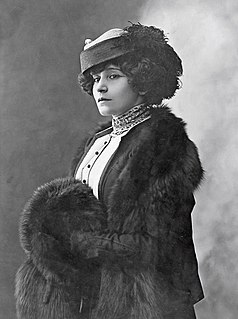A Quote by C. S. Lewis
I am a product of endless books. My father bought all the books he read and never got rid of any of them. There were books in the study, books in the drawing room, books in the cloakroom, books (two deep) in the great bookcase on the landing, books in a bedroom, books piled as high as my shoulder in the cistern attic...In the seemingly endless rainy afternoons I took volume after volume from the shelves. I had always the same certainty of finding a book that was new to me as a man who walks into a field has of finding a new blade of grass.
Related Quotes
The books in Mo and Meggie's house were stacked under tables, on chairs, in the corners of the rooms. There where books in the kitchen and books in the lavatory. Books on the TV set and in the closet, small piles of books, tall piles of books, books thick and thin, books old and new. They welcomed Meggie down to breakfast with invitingly opened pages; they kept boredom at bay when the weather was bad. And sometimes you fall over them.
The rest, with very little exaggeration, was books. Meant-to-be-picked-up books. Permanently-left-behind books. Uncertain-what-to-do-with books. But books, books. Tall cases lined three walls of the room, filled to and beyond capacity. The overflow had been piled in stacks on the floor. There was little space left for walking, and none whatever for pacing.
Books, books, books! I had found the secret of a garret room Piled high with cases in my father’s name; Piled high, packed large,--where, creeping in and out Among the giant fossils of my past, Like some small nimble mouse between the ribs Of a mastodon, I nibbled here and there At this or that box, pulling through the gap, In heats of terror, haste, victorious joy, The first book first. And how I felt it beat Under my pillow, in the morning’s dark, An hour before the sun would let me read! My books!
Only idiots or snobs ever really thought less of 'genre books' of course. There are stupid books and there are smart books. There are well-written books and badly written books. There are fun books and boring books. All of these distinctions are vastly more important than the distinction between the literary and the non-literary.
The current publishing scene is extremely good for the big, popular books. They sell them brilliantly, market them and all that. It is not good for the little books. And really valuable books have been allowed to go out of print. In the old days, the publishers knew that these difficult books, the books that appeal only to a minority, were very productive in the long run. Because they're probably the books that will be read in the next generation.
But what struck me was the book-madness of the place--books lay scattered across the unmade bed and the top of a battered-looking desk, books stood in knee-high piles on the floor, books were crammed sideways and right side up in a narrow bookcase that rose higher than my head and leaned dangerously from the wall, books sat in stacks on top of a dingy dresser. The closet door was propped open by a pile of books, and from beneath the bed a book stuck out beside the toe of a maroon slipper.




































